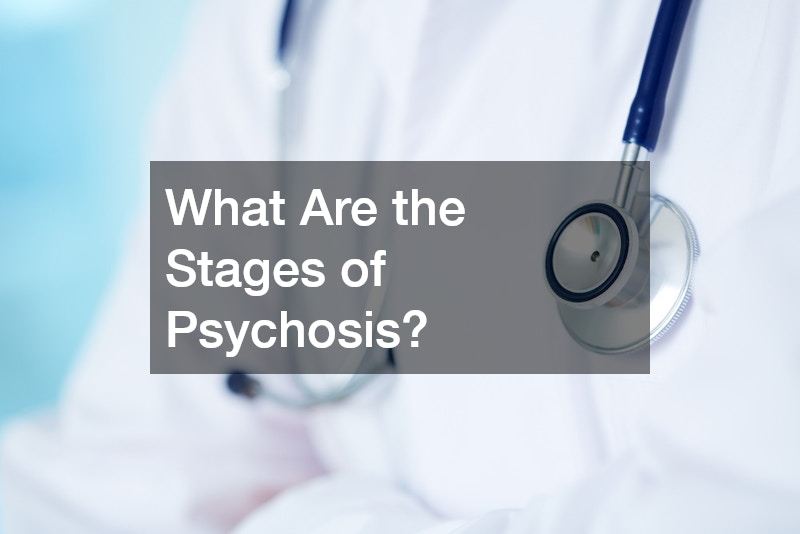
Psychosis is a mental health condition characterized by a disconnection from reality, which can manifest through hallucinations, delusions, and disorganized thinking. Understanding the stages of psychosis is crucial for early intervention and effective treatment, as it can prevent the condition from worsening and improve the chances of recovery. Here’s a breakdown of the stages of psychosis and what to expect at each phase.
1. Prodromal Stage
The prodromal stage is the initial phase of psychosis and can last from weeks to years. During this stage, subtle changes in behavior, thoughts, and emotions begin to emerge, but they may not be immediately recognized as symptoms of psychosis. Common signs in this stage include social withdrawal, increased anxiety, difficulty concentrating, and changes in sleep patterns. Individuals may also experience mild paranoia, unusual thoughts, or a sense of being disconnected from reality.
While these symptoms may not be alarming at first, they can gradually intensify, making it important to seek professional help if they persist or worsen. Early intervention during the prodromal stage can prevent the full onset of psychosis and lead to better long-term outcomes.
2. Acute Stage
The acute stage of psychosis is when the symptoms become more pronounced and disruptive. This is the phase where hallucinations (seeing or hearing things that aren’t there) and delusions (strong beliefs in things that aren’t true) are most likely to occur. Individuals in the acute stage may also exhibit disorganized thinking, speech, and behavior, making it difficult for them to function in everyday life.
During this stage, the person may be unaware that their thoughts and perceptions are distorted, which can lead to confusion, fear, and distress. The acute stage often requires immediate medical attention, as the symptoms can be overwhelming and potentially dangerous. Hospitalization or intensive outpatient treatment may be necessary to stabilize the individual and manage the symptoms effectively.
3. Recovery Stage
The recovery stage begins once the acute symptoms have been managed, usually with a combination of medication and therapy. During this stage, individuals work on regaining control over their thoughts and behaviors, rebuilding their social connections, and returning to their daily routines. Recovery is a gradual process, and it can take time for individuals to feel fully stable again.
Therapeutic interventions, such as cognitive-behavioral therapy (CBT) and supportive counseling, play a crucial role in the recovery stage. These therapies help individuals develop coping strategies, address underlying issues, and prevent future episodes of psychosis. It’s important to note that recovery from psychosis is often a long-term process, requiring ongoing support and treatment to maintain mental health and prevent relapse.
.




